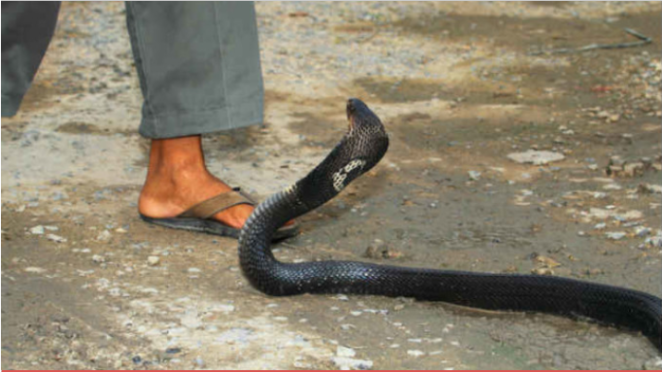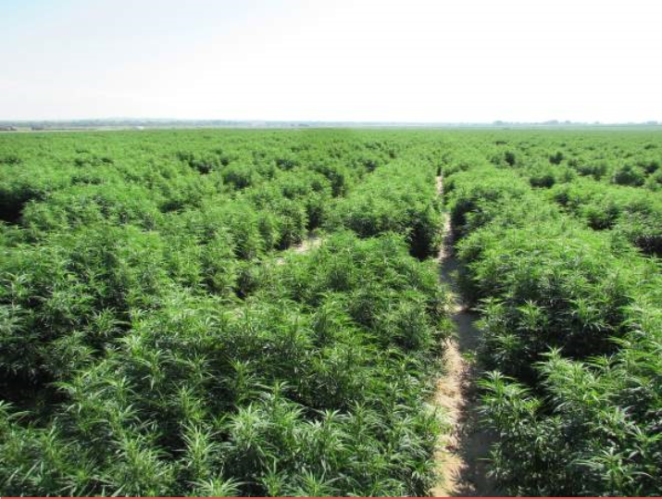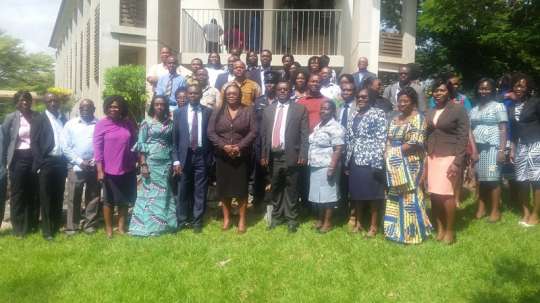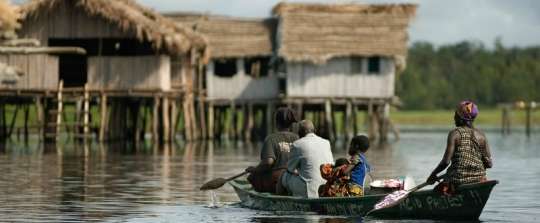
Ghanaian recording artiste and entertainer Edem has said his music is not appreciated on the level it’s supposed to be appreciated.
The rapper made this assertion on Happy FM’s Showbiz Xtra hosted by Doctar Cann.
However, Edem in an interview with Joy FM stated that he feels underrated because of where he hails from. Following this statement, music lovers all over social media have really trolled him.
For further clarification, Edem spoke to Happy FM detailing that “there is a perception about the minority language. People play with it and take advantage of it when you are doing music.”
Edem, who has featured established acts like Tinny, Kwaw Kesse, Sarkodie, Obour, Asem, K. k. Fosu, Tuba, Samini, Jayso, Trigmatic, El and Gemini added that, “I will speak on such issues. How can people just say we can do without your region even in business meeting? I will speak on such issues fearlessly; I will speak on it without being afraid until I die because that is the truth,” Edem told Happy FM.
Born Denning Edem Hotor, Ayigbe Edem clarified further, “I’m not saying this to disrespect any body. there is no one plying his trade who has been more consistent than me because I have done music for nine years back-to-back. I have never got to a point in my carrier where I had to release a song and it didn’t gain the mileage it had to because I have come to understand how to do the business,” he explained.
Responding to a question on why is he saying he is underrated if no one has been more consistent than him, the ‘Koene’ hit maker cited, “when I speak I am not speaking for only myself. I am speaking because I have the voice and I have to open dialogue on issues. How many times do you hear Wiyaala’s songs on radio? How many times do you hear Sherifa back-to-back on radio? How many times do you hear an Nzema rapper back-to-back on radio,” the Award winning artiste quizzed.
Source: ghanaweb/Nii Ogbamey Tetteh








